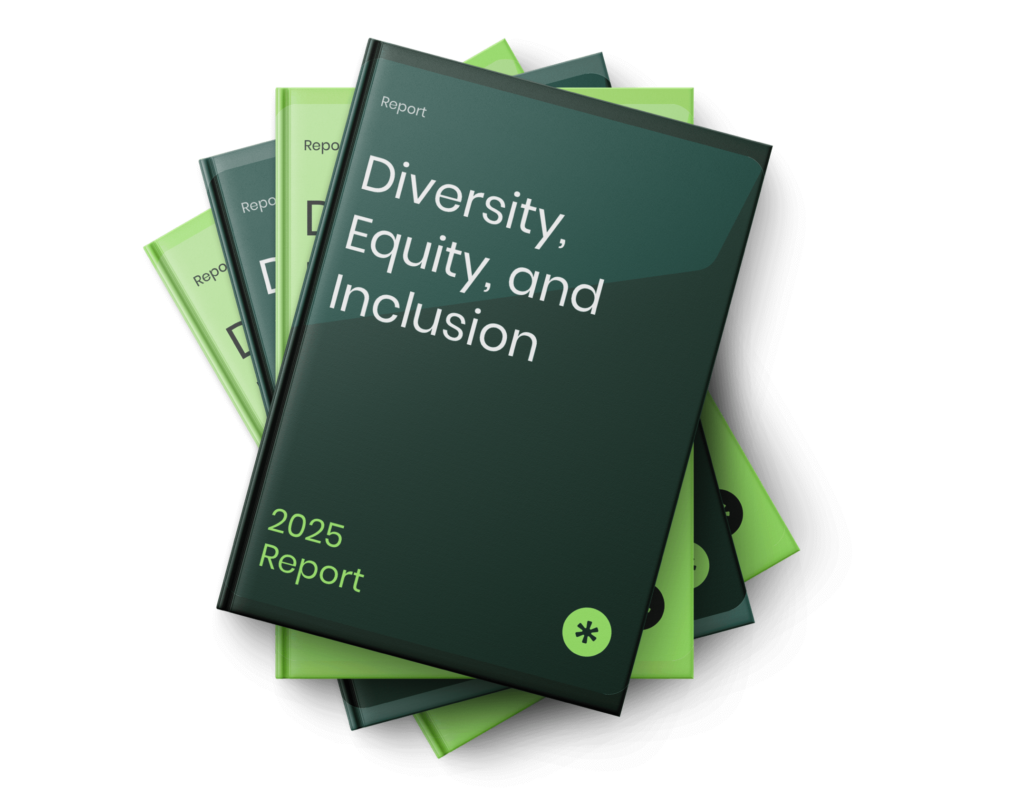India’s food & beverage (F&B) and tourism industries present an expansive landscape of opportunities, making them highly appealing sectors for Non-Resident Indian (NRI) entrepreneurs seeking profitable investment avenues. These sectors are characterised by a rich tapestry of flavours, cultural experiences, and an ever-growing consumer base that is eager for innovation and quality services. However, the intricate web of Indian taxation and regulatory frameworks can pose formidable challenges that may deter prospective investors. Understanding the regulatory environment is crucial, as it encompasses various aspects from foreign investment regulations to compliance with local laws, all of which must be navigated carefully to ensure a successful venture.

As a Chartered Accountant with a deep specialisation in NRI taxation and compliance, I have had the privilege of guiding numerous clients in navigating these complexities. Organisations can maximise their potential only when they operate within the bounds of strict compliance while taking advantage of beneficial provisions. My experience has shown that when entrepreneurs are well-informed and prepared, they can optimise their investment strategies while ensuring adherence to Indian regulations, transforming potential obstacles into avenues for growth.
For NRIS venturing into these dynamic sectors, effective tax planning emerges as a cornerstone of financial success. A pivotal strategy involves selecting the most suitable business structure—be it a partnership, a private limited company, or a Limited Liability Partnership (LLP)—that not only aligns with your investment objectives but also enhances tax efficiency. Each structure has its nuances, and understanding these can lead to significant savings. By tapping into the deductions, exemptions, and incentives that the Indian government offers, entrepreneurs can substantially lower their tax liabilities, thereby boosting overall profitability and ensuring the sustainability of their business operations.
Moreover, understanding the nuances of profit repatriation is crucial for any NRI investor. The Foreign Exchange Management Act (FEMA) sets forth guidelines that govern the flow of funds between India and international markets. Compliance with FEMA regulations is essential not only to facilitate the seamless transfer of funds but also to safeguard against potential legal complications. Ensuring that profits can be repatriated smoothly is vital, as it allows entrepreneurs to reinvest in their ventures or utilise their earnings effectively in their home countries.
Common pitfalls in taxation that many NRIS encounter include a lack of clarity regarding withholding taxes, improper management of repatriation processes, and failure to fully leverage eligible tax deductions. These common errors can lead to significant financial repercussions if not addressed promptly. To sidestep these challenges, meticulous documentation, regular consultations with tax experts, and staying abreast of the continuously evolving regulatory landscape are essential. Engaging in proactive financial strategies can prevent costly mistakes and pave the way for long-term success.
In conclusion, by adopting a strategic approach to taxation, NRI entrepreneurs can not only mitigate risks but also maximise returns, unlocking the full potential of India’s burgeoning F&B and tourism sectors. The combination of informed decision-making, effective tax planning, and diligent compliance can translate into remarkable growth and success in this vibrant market. As these sectors continue to evolve, the opportunities will multiply for those who are prepared to navigate the intricacies of doing business in India, making the journey rewarding both financially and personally. With the right guidance and a robust strategy, NRIS can thrive amidst India’s dynamic economic landscape.
“I help founders, NRIs, and corporates turn complex financial laws into strategic clarity—where compliance becomes confidence, and litigation becomes leverage.”
Lekshmi N, CA Tweet
FAQs:
FAQs:
- What taxes apply to NRIS investing in India’s tourism sector? NRIS face income tax, GST, withholding taxes, and capital gains tax depending on their investment structure.
- How can NRIS minimise tax liability? By leveraging government incentives, choosing tax-efficient structures, and utilising available deductions and exemptions.
- Are there government incentives for NRIS in F&B? Yes, NRIS can benefit from incentives like subsidies, tax holidays, and special economic zone benefits for certain investments.
- What FEMA rules apply to the repatriation of profits? FEMA regulations detail procedures for legally repatriating earnings, including documentation and reporting to the RBI.
- How should NRIS structure their businesses in India? Optimal structures include partnerships, LLCS, or private limited companies based on the nature of investment and tax efficiency.
- What documentation is required for tax compliance? Essential documents include investment agreements, income statements, transaction records, and tax filings.
- Can NRIS claim tax deductions or exemptions? Yes, various deductions and exemptions are available for NRIS under Indian tax laws, especially for specific investments and sectors.
- What are the common mistakes NRIS make with Indian taxes? Common errors include incorrect withholding tax calculations, inadequate record-keeping, and misunderstanding repatriation rules.
- How can a CA help NRIS in taxation planning? A CA can offer expert advice, ensure compliance, optimise tax structures, and handle all documentation and filings.
- Are there special tax benefits for investing in tourism? Yes, specific benefits include tax exemptions, subsidies for infrastructure development, and incentives for eco-tourism and heritage projects.


